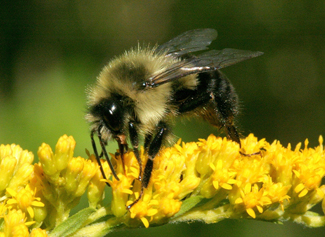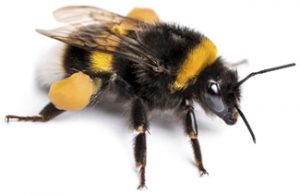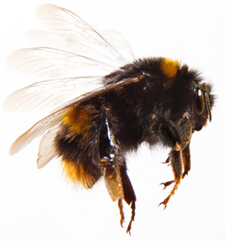CFAES is co-sponsoring a bee biology and identification workshop on four dates in August in northeast and central Ohio.
The workshop is called Bees in Your Backyard … and the Plants They Visit, and the instructor will be Olivia Carril, biologist and co-author of The Bees in Your Backyard (Princeton University Press, 2015).

 CFAES bee researcher Reed Johnson, pictured, will join a
CFAES bee researcher Reed Johnson, pictured, will join a 

 Michigan State University Extension has just updated Protecting and Enhancing Pollinators in Urban Landscapes for the US North Central Region (30 pp.), which you can download as a free PDF
Michigan State University Extension has just updated Protecting and Enhancing Pollinators in Urban Landscapes for the US North Central Region (30 pp.), which you can download as a free PDF